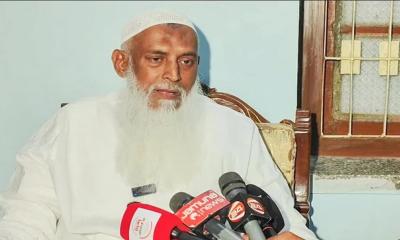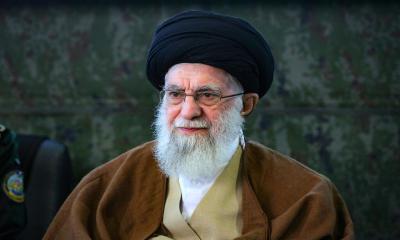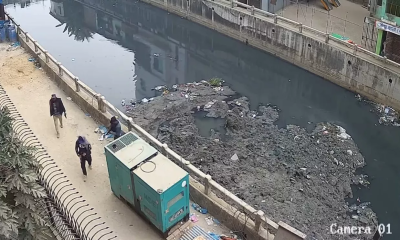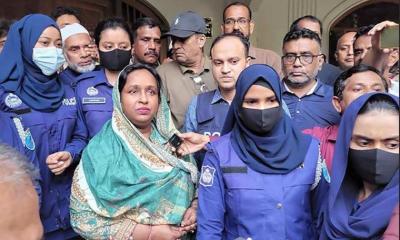In an effort to balance economic stability with public welfare, the interim government has decided not to raise electricity prices for now.
The decision was announced during the presentation of the proposed national budget for FY 2025–26, citing ongoing high inflation as the key reason.
The government aims to reduce the high subsidy burden in the power sector, which currently stands at nearly 1% of GDP.
A 10% reduction in electricity production costs has been planned, which could save approximately Tk 11,000 crore. Additionally, electricity purchase agreements are under review to ensure better cost control.
To improve energy security, the budget doubles allocations for the energy sector, while allocations for the power sector have been reduced.
Local gas production will be prioritized, with BAPEX tasked with conducting geological surveys and drilling new wells between 2025 and 2028.
Major initiatives include building ERL-2 to refine 3 million tons of crude oil annually, importing 40MW of hydropower from Nepal, and starting power generation from the first unit of the Rooppur nuclear plant by December.
Meanwhile, efforts are ongoing to modernize power distribution by placing lines and substations underground in metropolitan areas.
The government also plans to update the 2008 renewable energy policy, with a goal of producing 30% of electricity from clean sources by 2040.
Reductions in fuel import duties aim to lower LNG and refined fuel costs, especially benefiting the private sector.













-20260228080513.webp)


-20260228064648.jpg)

-20260228063029.jpg)







-20260224075258.webp)






-20260225072312.webp)

